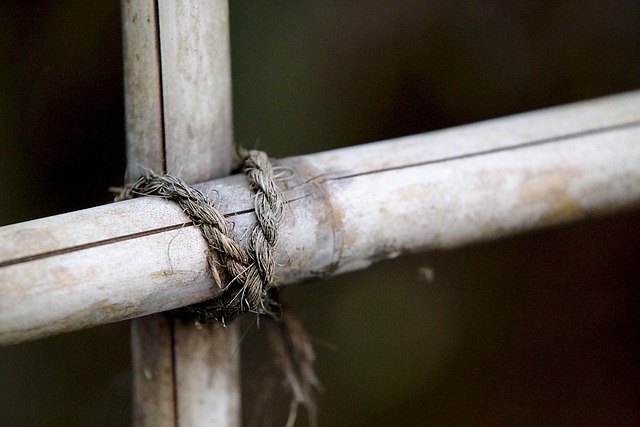Inflammation is a key driver of hair loss conditions like alopecia areata. Kratom, a natural herb with anti-inflammatory properties, shows promise in promoting hair growth by reducing inflammation and creating a healthier environment for follicles. Recent research suggests kratom could stimulate new hair formation and aid recovery from damaged follicles, offering hope for those seeking to regrow lost hair due to inflammatory conditions or scalp infections.
“Uncover a natural solution for combating inflammation and potentially regrowing lost hair with kratom. This ancient herb has garnered attention for its anti-inflammatory properties, offering a promising path for those dealing with hair loss.
In this article, we explore the science behind inflammation’s role in hair loss, uncover how kratom can reduce this internal response, and highlight its potential to stimulate hair growth. By delving into these topics, we aim to provide insights into using kratom as a holistic approach to managing and reversing hair loss.”
- Understanding Inflammation and its Impact on Hair Loss
- The Role of Kratom in Reducing Inflammation
- Potential Benefits for Regrowing Lost Hair with Kratom
Understanding Inflammation and its Impact on Hair Loss

Inflammation is a complex physiological response that plays a significant role in various health conditions, including hair loss. When the body’s immune system triggers an inflammatory reaction, it can lead to significant disruptions at the cellular level. In the context of hair follicles, chronic inflammation can cause damage, causing hair thinning and potential loss. This is especially true for conditions like alopecia areata, where the immune system attacks hair follicles, resulting in patchy baldness. Understanding inflammation’s role in hair loss is crucial in exploring effective treatments.
Kratom, a natural herb known for its pain-relieving and anti-inflammatory properties, has gained attention as a potential remedy for various ailments, including hair loss. Its ability to reduce inflammation makes it an intriguing option for individuals seeking alternative solutions. By mitigating the inflammatory response, kratom could help create an environment conducive to hair growth, allowing damaged follicles to recover and potentially stimulate new hair formation, thereby aiding in the regrowth of hair lost due to inflammatory conditions like alopecia or other related issues.
The Role of Kratom in Reducing Inflammation

Kratom, a natural herb with a growing popularity in modern wellness circles, has been studied for its potential anti-inflammatory properties. While many know it for its pain-relieving effects, recent research suggests that kratom could also play a significant role in reducing inflammation throughout the body. This is especially relevant when considering conditions like arthritis or other inflammatory disorders where persistent inflammation can lead to severe discomfort and even hair loss.
In terms of addressing hair loss specifically, some studies imply that kratom’s ability to mitigate inflammation might contribute to its potential in promoting hair growth. By reducing inflammation associated with conditions like alopecia areata or scalp infections, kratom could create a healthier environment for follicles to thrive. This, combined with its natural compounds, may help stimulate hair regrowth and combat the symptoms of hair loss, including thinning and balding.
Potential Benefits for Regrowing Lost Hair with Kratom

Kratom, a natural herb with a growing body of scientific interest, has shown potential benefits for those suffering from hair loss. The anti-inflammatory properties of kratom make it an appealing option for promoting scalp health and potentially stimulating hair regrowth. Chronic inflammation is often linked to hair thinning and loss, so reducing inflammation can create an ideal environment for hair follicles to thrive.
Studies suggest that kratom’s active compounds may help reduce the inflammation associated with alopecia and other forms of hair loss. By soothing the scalp and promoting a balanced immune response, kratom could support the natural growth cycle of hair. Additionally, its adaptogenic properties might aid in stress management, as stress is another known factor contributing to hair loss. With proper care and potentially the inclusion of kratom as a complementary approach, individuals experiencing hair loss may find hope in the possibility of regrowing their lost locks.
Kratom has shown promising potential as a natural solution for managing inflammation associated with hair loss. By reducing systemic inflammation, kratom may create an environment conducive to hair regrowth. While further research is needed, the current evidence suggests that incorporating kratom into hair loss treatment plans could be a worthwhile consideration for those seeking alternative options. Its anti-inflammatory properties make it a promising game-changer in the world of hair care, offering hope for folks looking to grow back their lost locks naturally.














